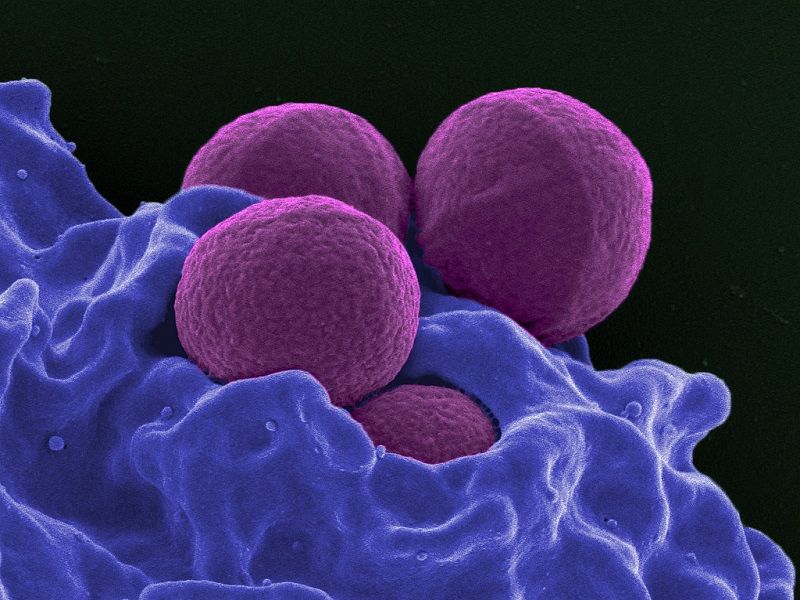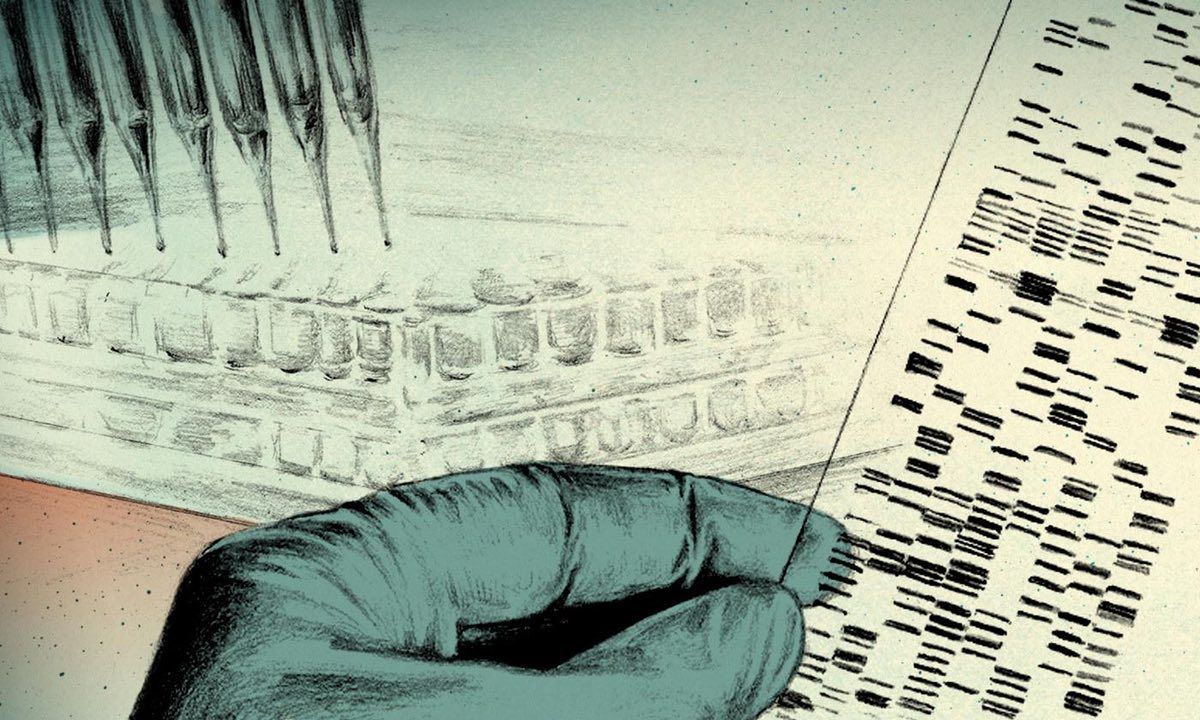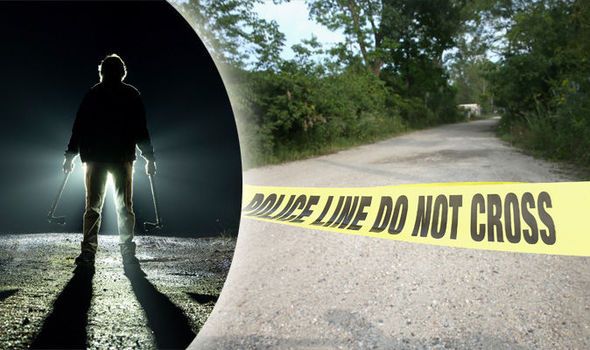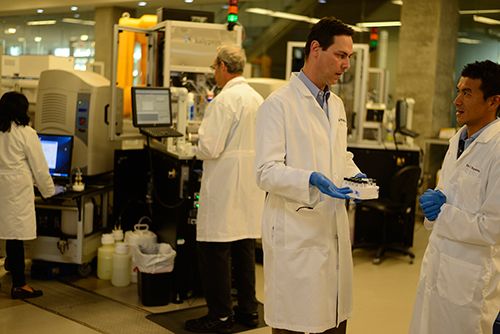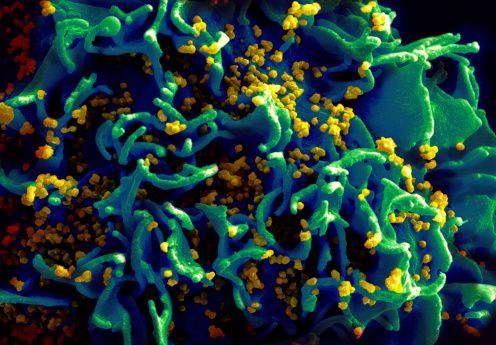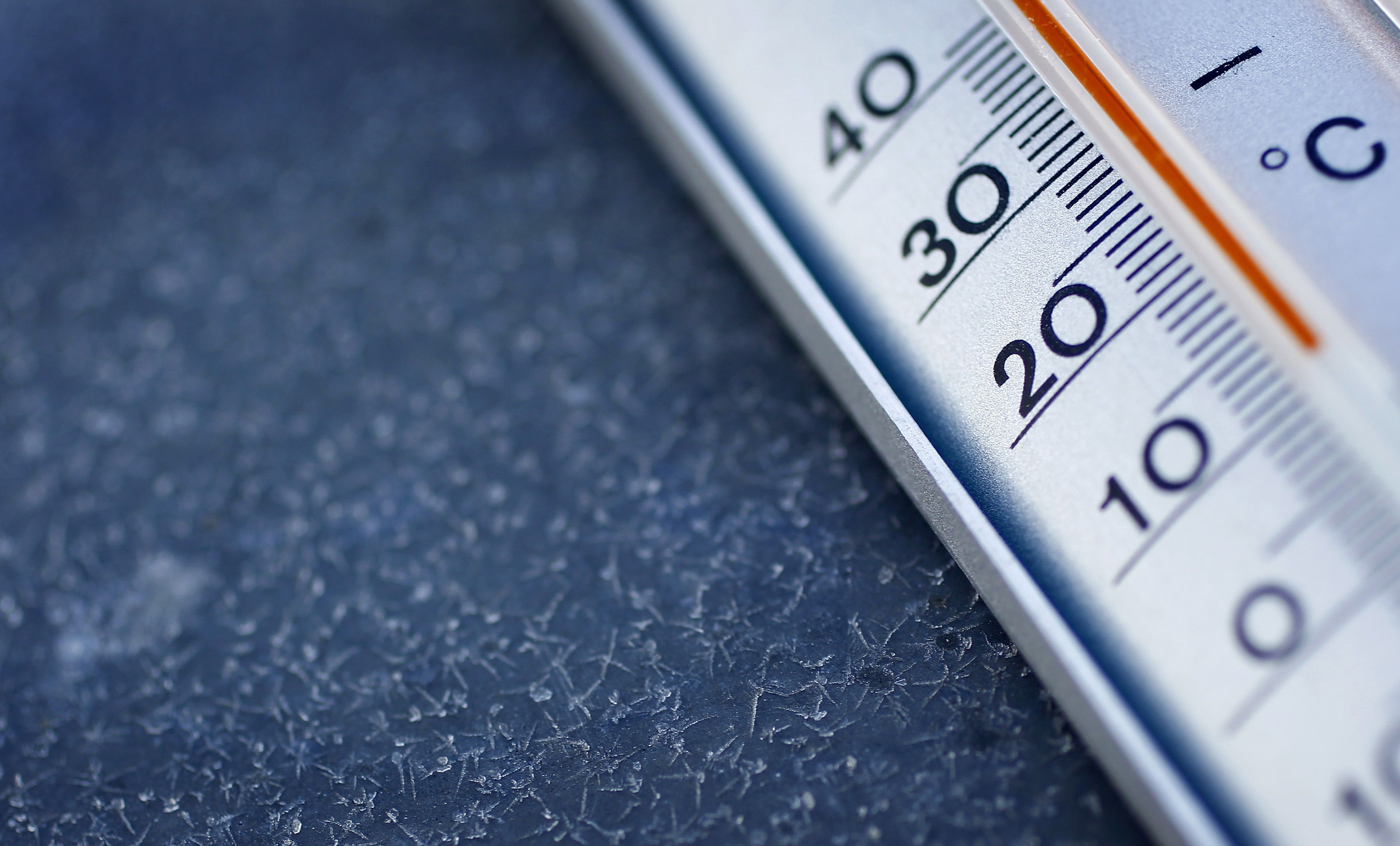Archive for the ‘biotech/medical’ category: Page 2611
Apr 30, 2016
‘Machine learning’ may contribute to new advances in plastic surgery
Posted by Karen Hurst in categories: 3D printing, biotech/medical, computing, health, information science, robotics/AI
Nice; however, I see also 3D printing along with machine learning being part of any cosmetic procedures and surgeries.
With an ever-increasing volume of electronic data being collected by the healthcare system, researchers are exploring the use of machine learning—a subfield of artificial intelligence—to improve medical care and patient outcomes. An overview of machine learning and some of the ways it could contribute to advancements in plastic surgery are presented in a special topic article in the May issue of Plastic and Reconstructive Surgery®, the official medical journal of the American Society of Plastic Surgeons (ASPS).
“Machine learning has the potential to become a powerful tool in plastic surgery, allowing surgeons to harness complex clinical data to help guide key clinical decision-making,” write Dr. Jonathan Kanevsky of McGill University, Montreal, and colleagues. They highlight some key areas in which machine learning and “Big Data” could contribute to progress in plastic and reconstructive surgery.
Machine Learning Shows Promise in Plastic Surgery Research and Practice
Continue reading “‘Machine learning’ may contribute to new advances in plastic surgery” »
Apr 30, 2016
There’s a new sheriff in town in Silicon Valley — the FDA
Posted by Karen Hurst in categories: biotech/medical, education, health
Lookout Silicon Valley — FDA is here. I do suggest tech companies working on technologies that enhances or alters any bio living things to ensure that your certifications, processes are well defined and govern, and in some cases the engineers, etc. will need some level of a medical background and certifications as well. Why many have stated that future engineers and technologists will need a bio background through education, etc.
Helmy Eltoukhy’s company is on a roll. The start-up is a leading contender in the crowded field of firms working on “liquid biopsy” tests that aim to be able to tell in a single blood draw whether a person has cancer.
Venture investors are backing Guardant Health to the tune of nearly $200 million. Leading medical centers are testing its technology. And earlier this month, it presented promising data on how well its screening tool, which works by scanning for tiny DNA fragments shed by dying tumor cells, worked on an initial group of 10,000 patients with late-stage cancers.
Continue reading “There’s a new sheriff in town in Silicon Valley — the FDA” »
Apr 30, 2016
Gene-trification? Inside the Brooklyn lab where you can splice your own DNA
Posted by Karen Hurst in categories: bioengineering, biotech/medical
The “Build A Bear” version of Gene Editing — go splice your own gene.
The biohacking movement has created a wealth of options for hobbyist scientists. In Brooklyn, a DIY lab offers a place for the curious to dabble.
Apr 30, 2016
Are people actually BORN murderers? Brain imaging study finds ‘killer gene’
Posted by Karen Hurst in categories: bioengineering, biotech/medical, neuroscience
Thru Gene Editing could we some day see no more murderers?
FOR MOST of us, understanding how mass murderers can kill without remorse is an impossible feat.
Apr 29, 2016
AI, Bioenhancement, and the Singularity
Posted by Karen Hurst in categories: biotech/medical, Ray Kurzweil, robotics/AI, singularity
A beautiful story about Ray Kurzweil and Bill Joy meeting and discussing Singularity many years ago.
There may be such a thing as a social fabric, or just a tapestry of individual interactions. Either way, we should worry about biotech-super-charged transhumanism, which is on a tear.
Apr 28, 2016
Gene therapy reverses sight loss and is long-lasting
Posted by Shailesh Prasad in categories: biotech/medical, genetics
A genetic therapy has improved the vision of patients who would otherwise have gone blind.
A clinical study by British scientists has shown that the improvement is long-lasting and so the therapy is suitable to be offered as a treatment.
The researchers will apply for approval to begin trials to treat more common forms of blindness next year.
Apr 28, 2016
Long in the tooth, or just a redhead?
Posted by Karen Hurst in categories: biotech/medical, genetics
The results pointed to MC1R, known previously as a gene for red hair and freckles.
Scientists say they have made a leap in knowing why some people retain their youthful looks while others age badly.
The new study is the first time that “a gene has been found that explains, in part, why some people look older and others younger for their age”, Manfred Kayser, a professor of forensic molecular genetics at Erasmus MC University Medical Center Rotterdam in the Netherlands and a senior author on the study, said in a statement.
Apr 28, 2016
Researchers Identify Potential HIV Vaccine Possibility With ‘Looped’ Antibodies
Posted by Shailesh Prasad in categories: bioengineering, biotech/medical, computing
Scientists are now one step closer to neutralizing HIV.
In a study conducted at Vanderbilt University and published in Proceedings of the National Academy of Sciences, researchers isolated antibodies with a loop-like structure that binds tightly to HIV and disables it. Unlike traditional vaccines, which jump-start an immune response by exposing the patient to a pathogen, this newly discovered method could work even in people who have not previously been exposed to by the virus.
Using computer modeling, the researchers identified the amino acid sequences that bound most tightly to HIV and re-engineered them in an optimal sequence that simulated vaccination.
Continue reading “Researchers Identify Potential HIV Vaccine Possibility With ‘Looped’ Antibodies” »
Apr 28, 2016
DNA used to build the world’s smallest thermometer
Posted by Karen Hurst in categories: biotech/medical, nanotechnology
DNA used in a thermometer.
A thermometer 20,000-times smaller than a human hair has been developed by researchers using DNA that is capable of measuring temperatures within living cells.
The thermometer, unveiled this week in the journal Nano Letters, was built by scientists at the University of Montreal and is expected to improve human understanding of nanotechnologies.
Continue reading “DNA used to build the world’s smallest thermometer” »
